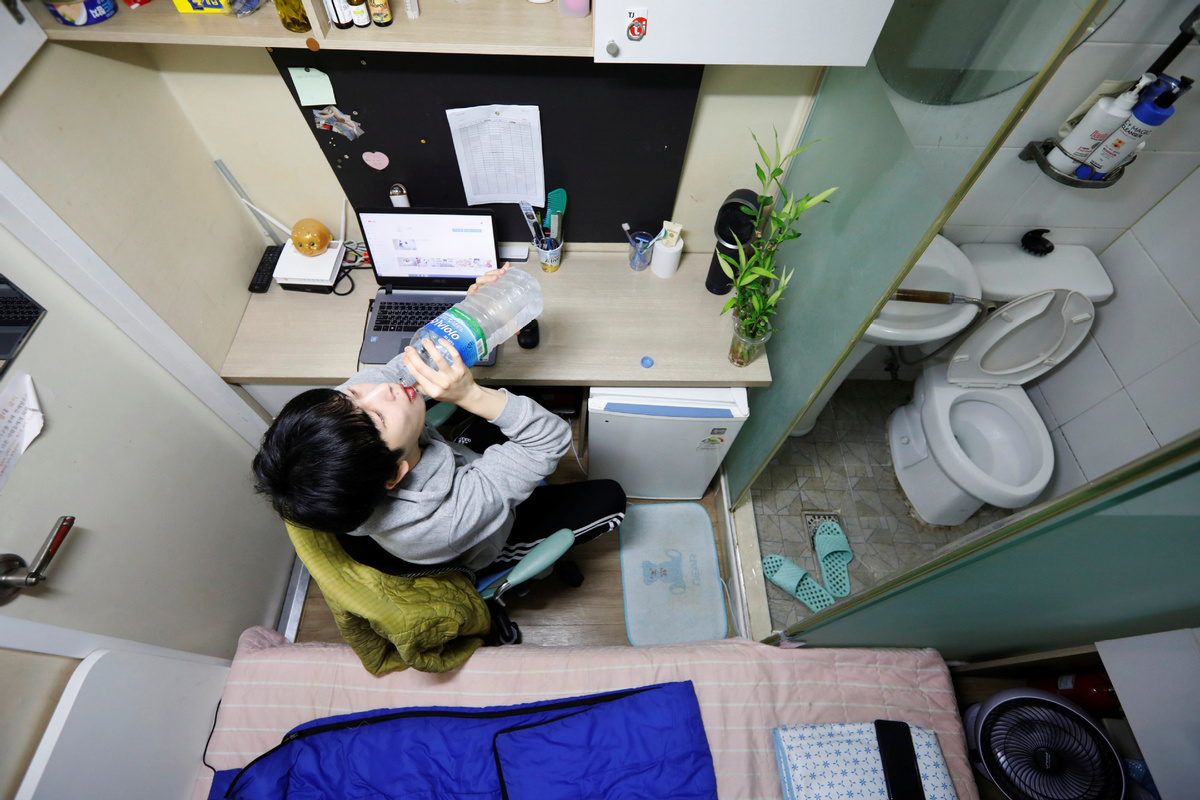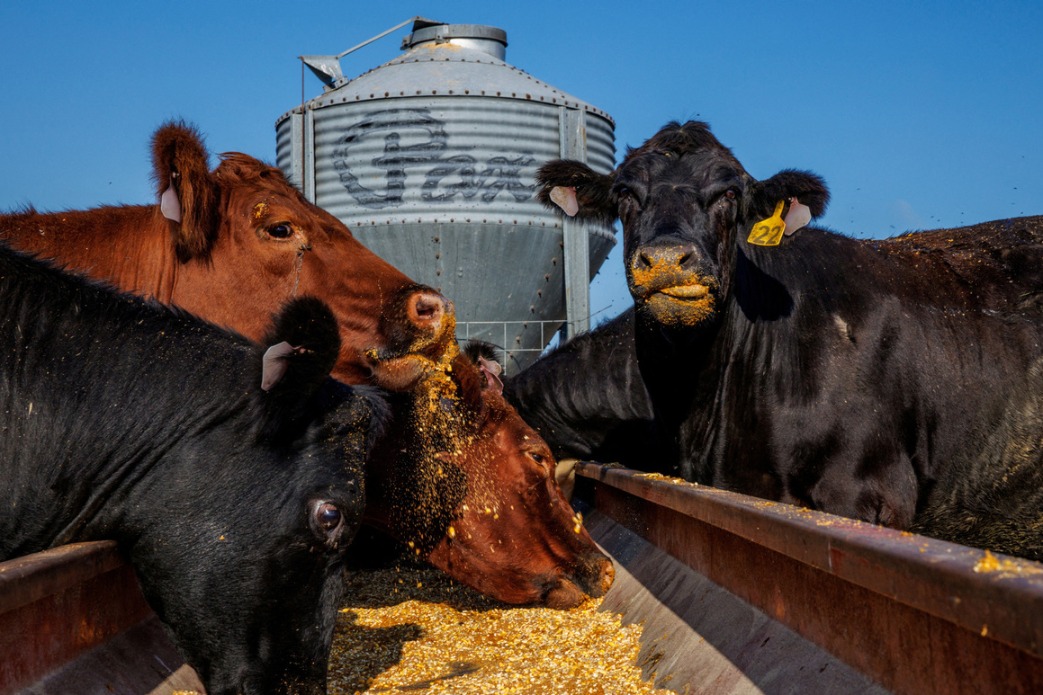S. Korea's 'Dirt Spoons': Little money, no hope


SEOUL - Hwang Hyeon-dong, 25, lives in a 6.6-square-meter cubicle near his university campus in Seoul. The room, which comes with a shared bathroom and kitchen plus all the rice he can eat, rents for 350,000 won ($302) a month.
The sparsely furnished rooms, in premises called goshi-won, were previously mostly used by low-income students to temporarily cut themselves off from the outside world while they studied for civil service job tests.
Now they are increasingly becoming permanent homes to young people like Hwang, who identifies himself among the "dirt spoons", people born to poor families who have all but given up on social mobility.
The concept of dirt spoons and gold spoons, as those from better-off families are known, has been around for many years but exploded onto the political scene in recent years, undercutting support for President Moon Jae-in.
Moon came to power in 2017 on a platform of social and economic justice. Yet halfway through his five-year term, he has little progress to show the country's youth who have borne the brunt of deepening inequality.
Instead, income disparity has widened since Moon took office, with the top income bracket now earning 5.5 times the bottom one, compared with 4.9 times before his inauguration, official data shows.
Hwang, who is in his third university year majoring in media studies, said a corruption scandal surrounding former justice minister Cho Kuk was a wake-up call for dirt spoons like himself who may have once believed that hard work would make a difference.
Cho and his college professor wife were accused of using their positions to help their daughter gain admission to medical school in 2015.
To many struggling youth, the scandal - which fueled some of the largest protests of Moon's term - showed how gold spoons get further ahead with the help of their parents' status and wealth.
In a September poll of 3,289 people by recruiting service Saramin, three-quarters of respondents said parents' background was key to children's success.
"I can't complain that we have different starting lines," said Kim Jae-hoon, 26, who also lives in a goshi-won cubicle.
"But it makes me angry that there are people who are getting help improperly. It's OK that someone was studying when I had to be working, but the fact that they are getting improper help makes me angry."
Kim works as a part-time waiter at a bar near his school and gets by on 400,000 won a month to cover rent, food and spending money.
Most meals are "cup rice" he prepares in the shared kitchen: menial fare of rice and basic toppings - eggs, half an onion and sauce.
Young, low-income voters like Kim have deserted Moon in record numbers.
Support among voters aged 19 to 29 dropped from 90 percent in June 2017 to 44 percent by October, according to a poll by Gallup Korea, while support among those considered on low-incomes has fallen 44 percentage points since mid-2017.
"President Moon's been talking about equal opportunity, a level-playing field and justice. But, I feel a sense of betrayal because the current situation is far different from what he promised," said Hwang, who voted for Moon.
Older workers are also feeling the pinch as Moon tries to improve employment opportunities and social justice for young workers.
In a televised town hall meeting last week, Moon conceded he had fallen short on those promises and said his declining support among youth was proof he had let them down.
Reuters

































